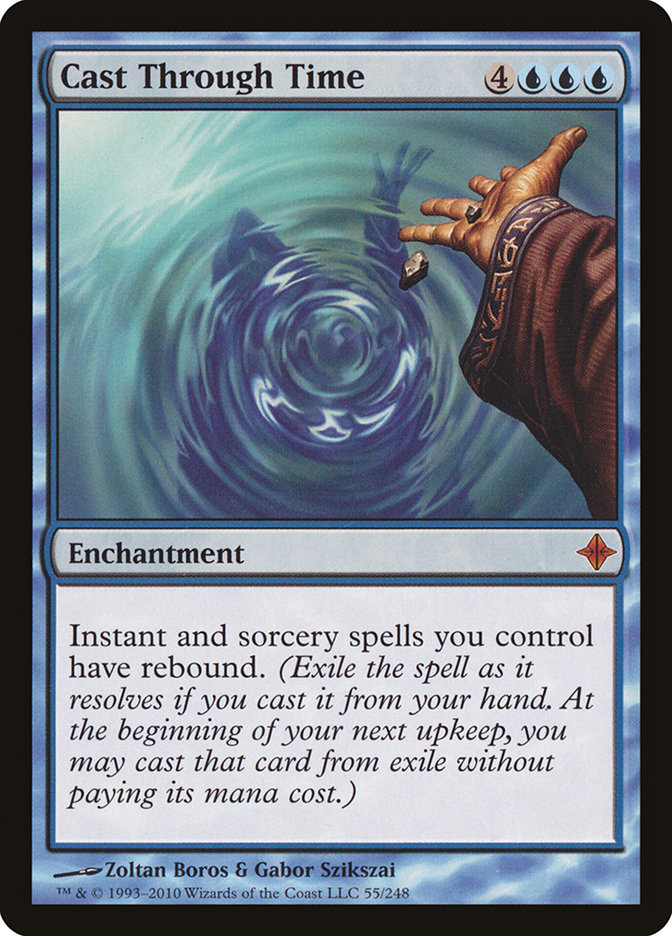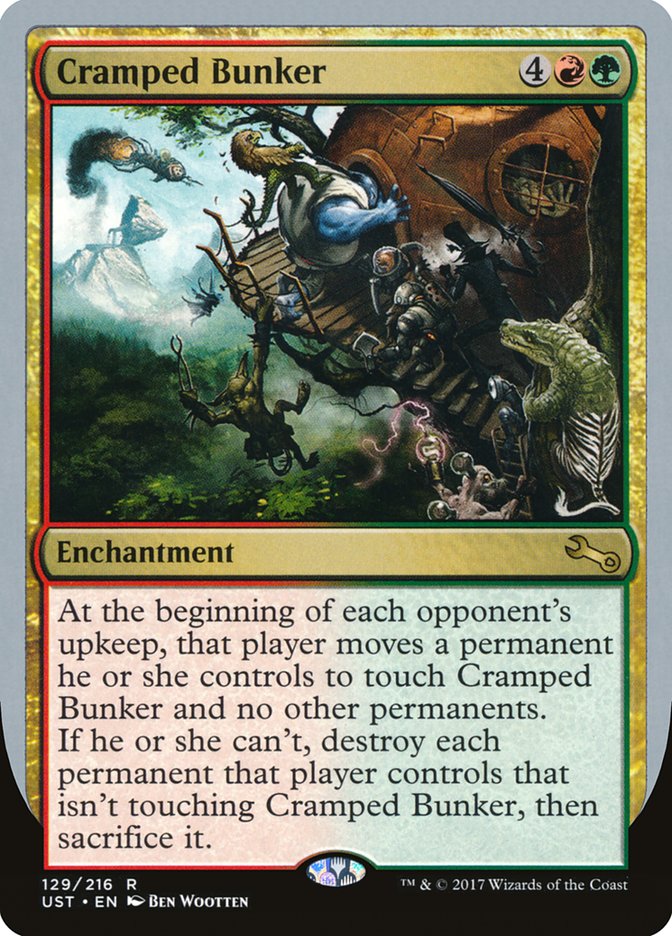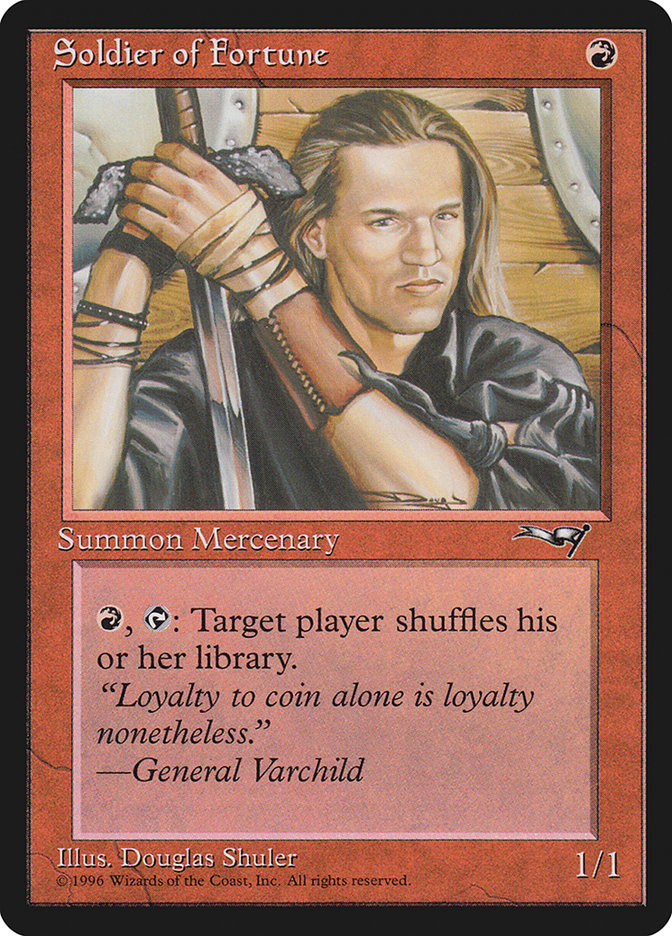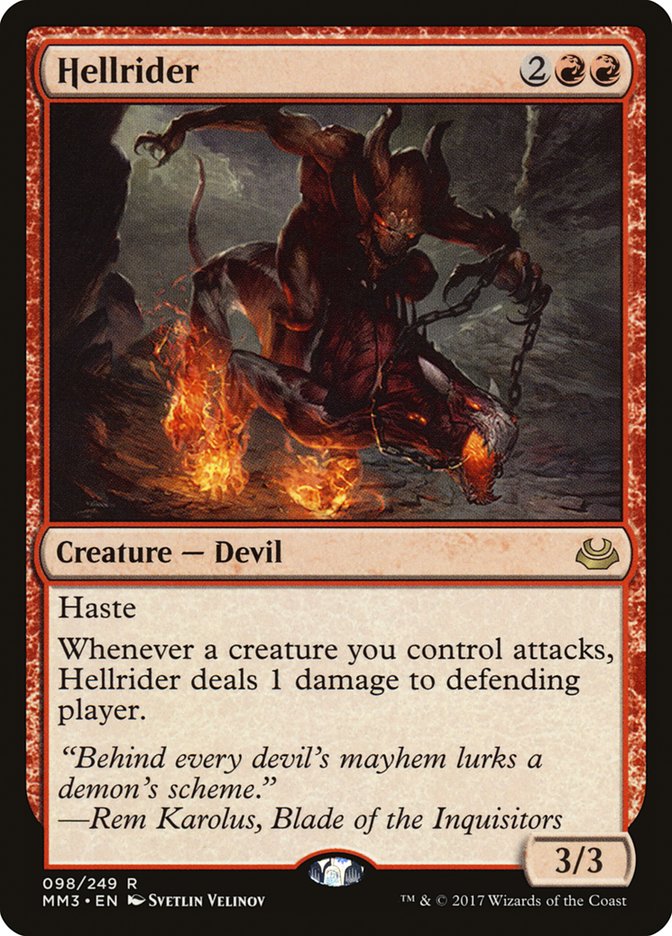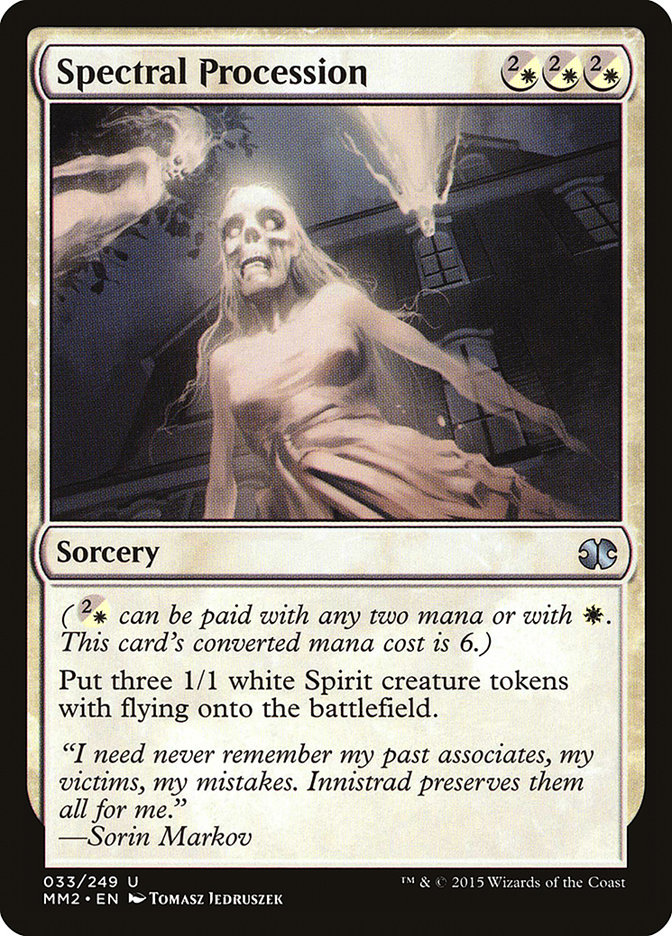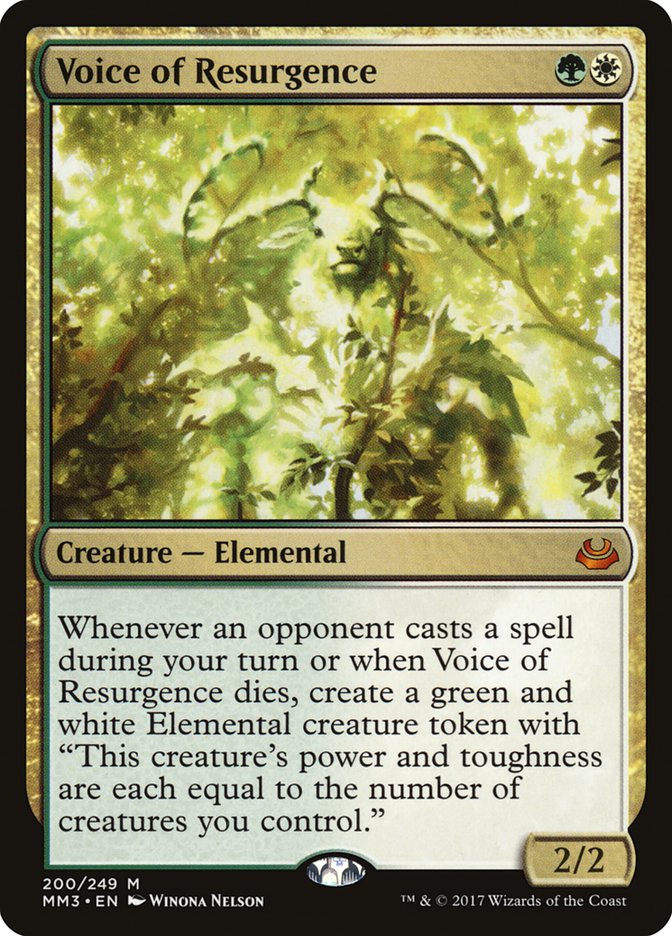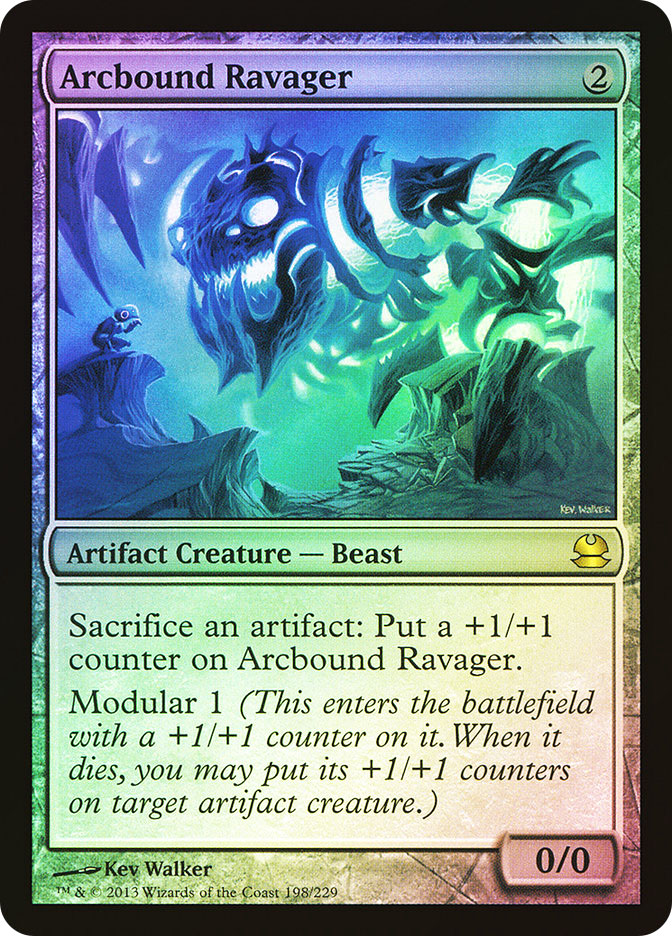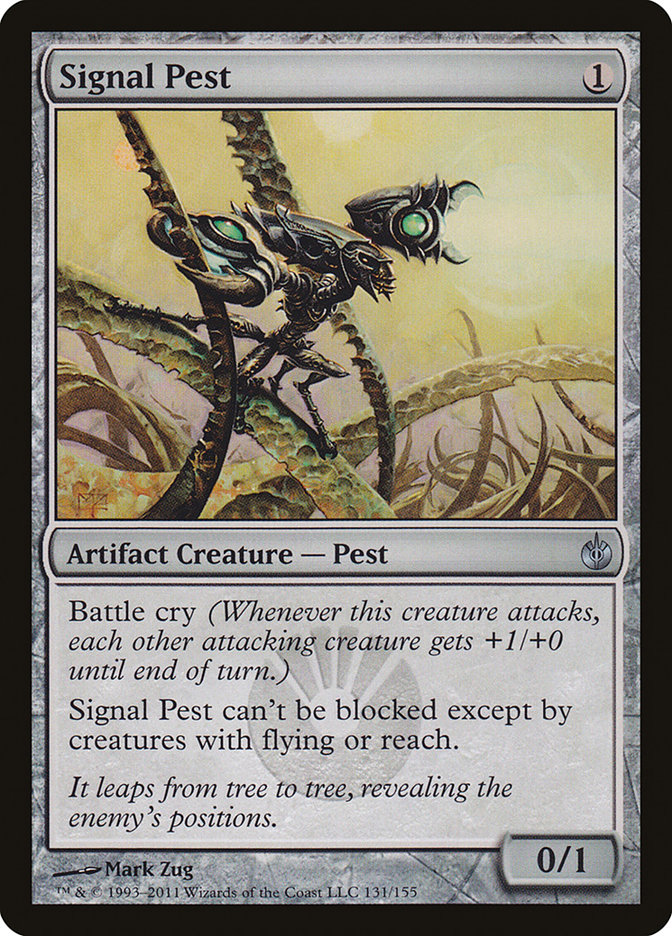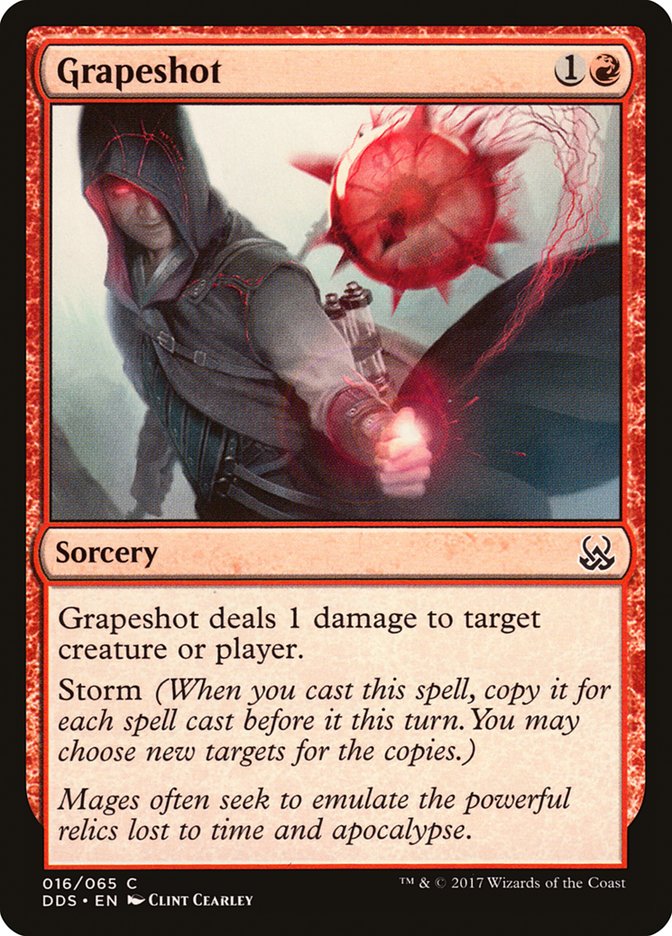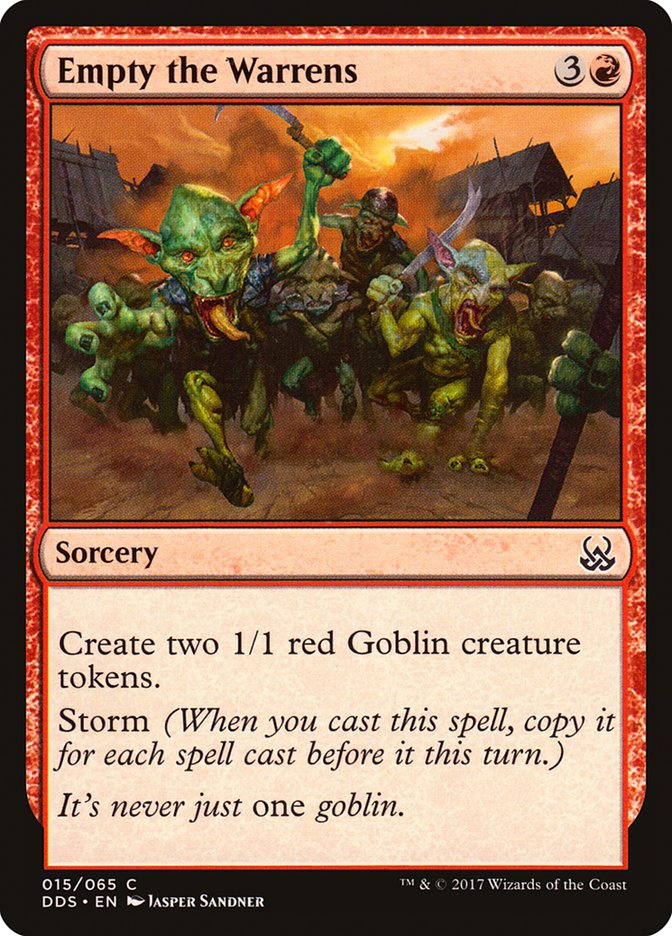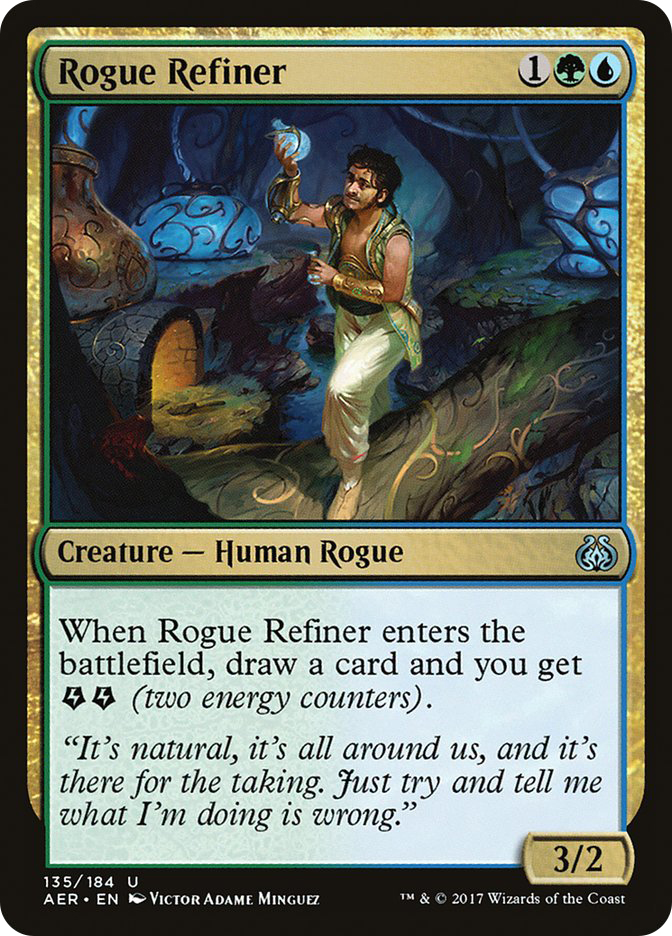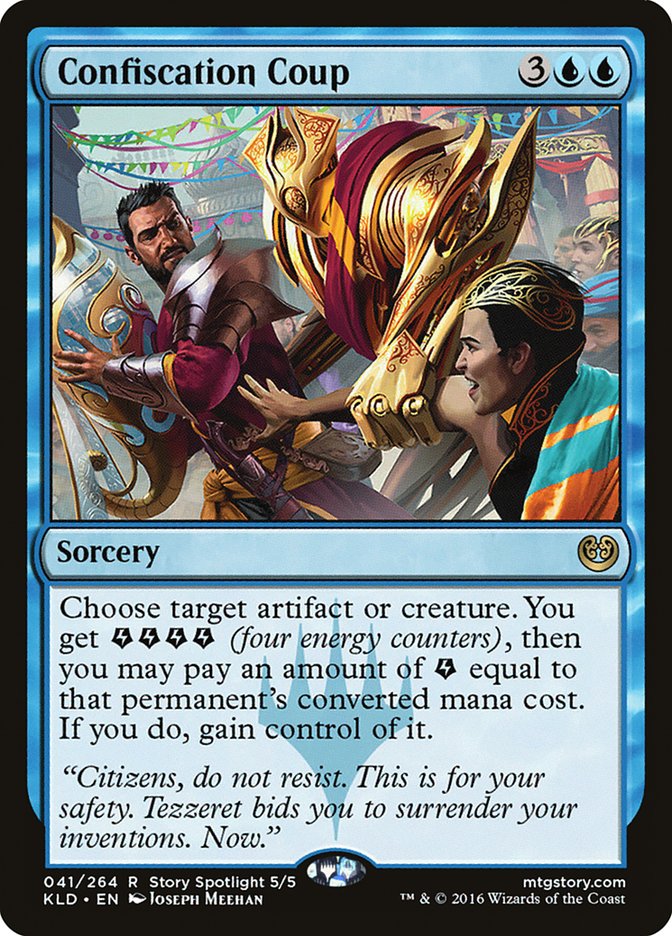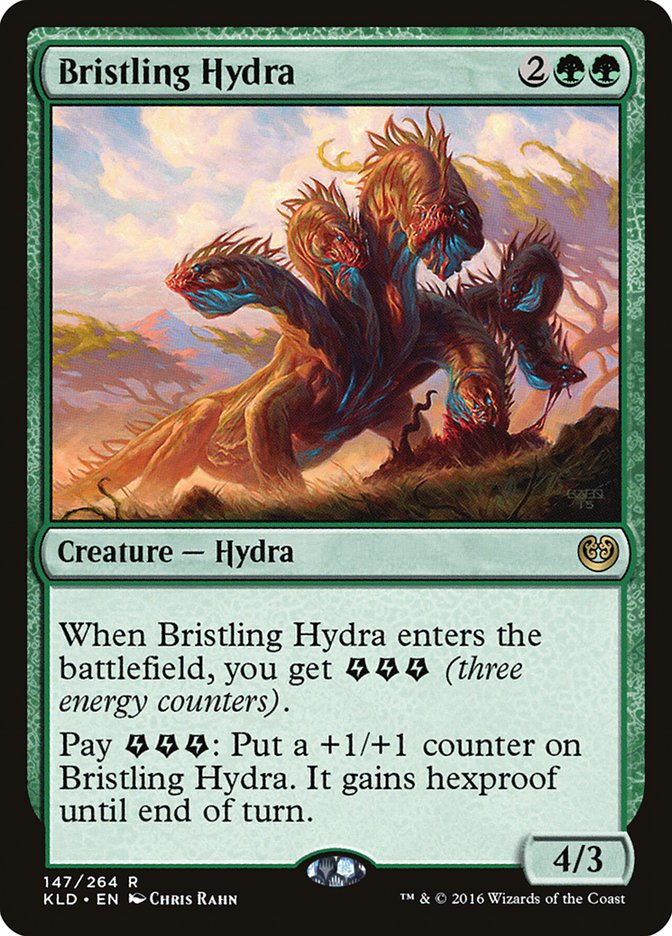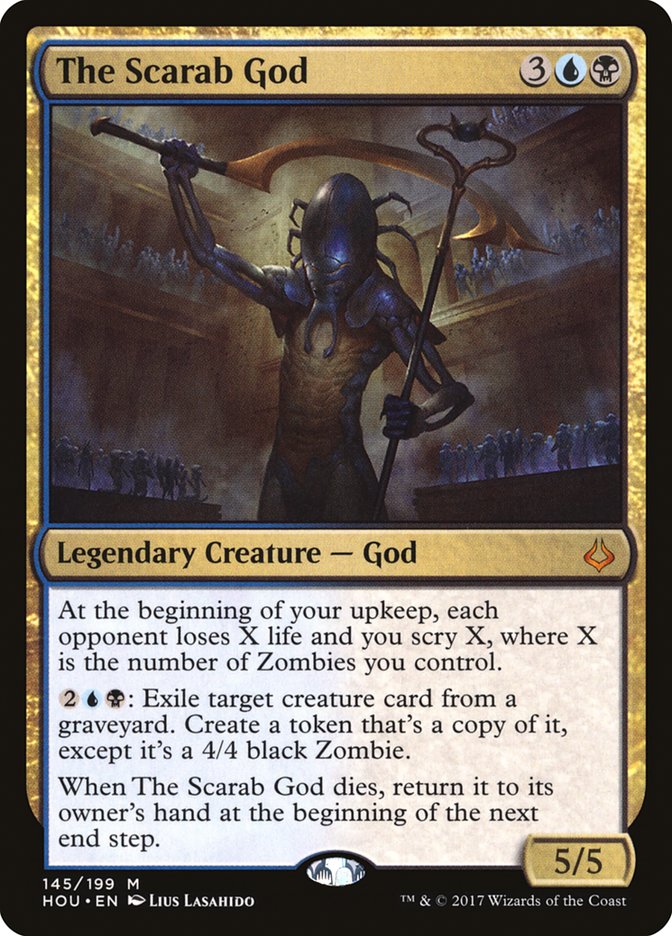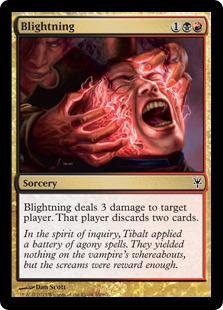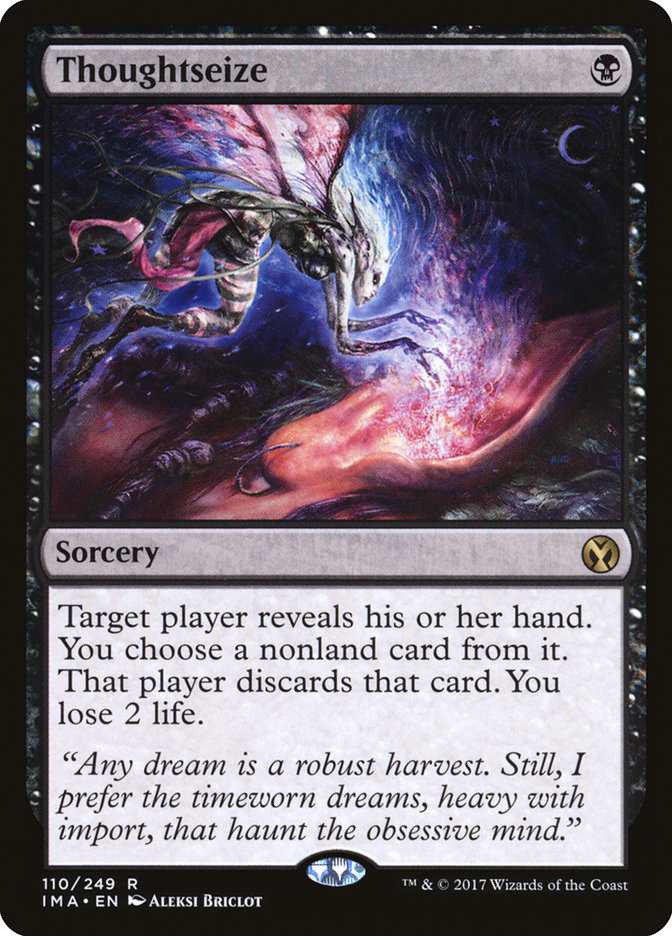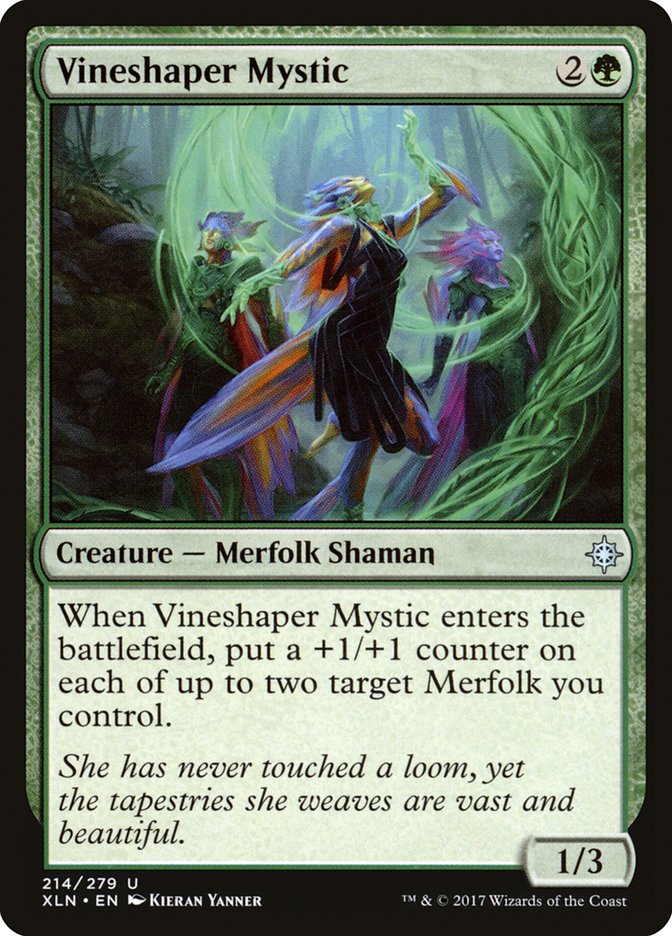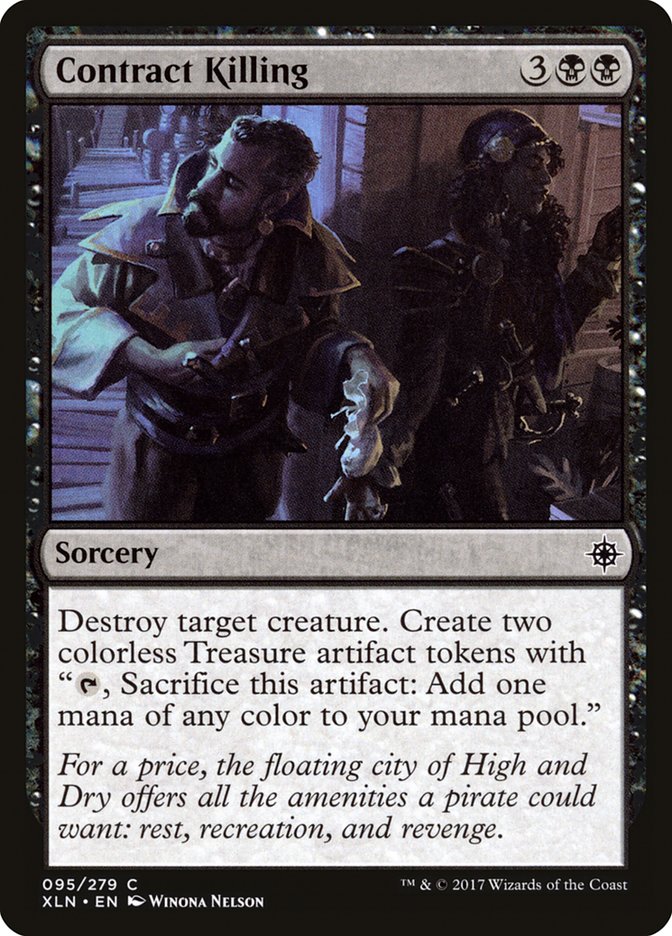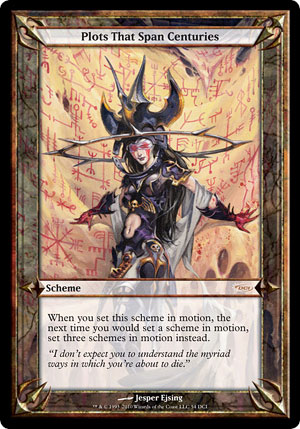A common trend for me over the last few months is that I start writing an article trying to tell a story, and then I decide stories are useless and try to teach a lesson instead.
I originally started this article as a cool retrospective on fifteen years of competitive Magic, similar to Brad Nelson’sYear by Year but chronicling years of Junior Super Series into PTQing into nine years on the Pro Tour.
At some point in laying that out, I realized there were pretty clearly defined eras or level-ups in what I was doing and how I was doing it. Jumping from the JSS to PTQs was one, the era around Pro Tour Return to Ravnica and Gatecrash was another, and then I really didn’t have any idea. What’s the next step beyond “testing with Pro Tours for a team, but working a day job” that doesn’t involve spending an extra eight hours a day on it? The article felt like a mix of random rants, not-cool-enough stories, and a super-flat finish with no real point.
So I dropped it.
Then the Sunday night of Grand Prix New Jersey, I drove home with Alex Majlaton. Aside from a brief stop where an emoji figuring booster pack was purchased, obviously resulting in a heart and poop, there was a lot of discussion about how testing should be handled for the upcoming Pro Tour Rivals of Ixalan.
The short version of this discussion is that a Modern Pro Tour is super-weird to prepare for. The format right now is really well-defined with a million options. Rivals of Ixalan might break everything Eldrazi-style, but the most likely outcome is nothing happens when you add a bunch of random Pirates stuff to a format with 11,000 other cards, one of which is Lightning Bolt and another of which is Fatal Push.
There are, however, a million options on decks to play in a spot where depth of experience and precise card choices matter. Given that, what should the goal of a team be? Should we be obligated to each other to cover the full spread, or should everyone just kinda branch in different directions and try to optimize something? Is there even value to heads-up matchup testing when the metagame is so spread, beyond a couple of key players like Death’s Shadow and Lantern Control?
Given that the whole format is known, does the traditional semi-secret style of testing even matter? If I want to discuss Death’s Shadow specifics with Dylan Donegan or someone else, who cares if they talk about the same stuff with someone else? Things are just too scattered for that info to make a real impact on metagame levels, and there isn’t that much hidden info.
The next level realization is that the entire Pro Tour setup in 2018 is this way. There’s a Standard Pro Tour six weeks after Dominaria releases, presumably another one of those in November, and then a Pro Tour where one-third of the players have to worry about Standard, but someone else is off in their own world of Brainstorms and Wastelands, playing the same thing they played in 2015.
So if the goal isn’t to generate good proprietary info in a short time, what should we be doing when testing this year?
We came to a basic conclusion, but the wonder of modern technology that is Super Mario Odyssey took my attention for the rest of the trip. Given an extra week, that conclusion has gone from basic to fully formed.
One of the awkward truths of top-level Magic is that everyone is actively terrible at testing Magic. I do mean this in the very literal sense. I’ve worked with everyone, or I’ve worked with someone who has worked with everyone. I’ve spent the better part of five years working on “test smart, not hard” tactics like Sam Black talked about last week. No one actually has a good system.
The most successful thing has been stuffing a bunch of smart people in the same house for weeks, having them throw cardboard at each other, and making sure the door stays closed so the secret spark doesn’t leak out. There’s literally no chance that is anywhere close to procedural or optimized or anything beyond throwing lots of reasonably aimed darts at a board and hoping for a bullseye.
What you end up with is a lot of educated guesses, with various amounts of “education” behind them. Patrick Chapin once described making gameplay mistakes as just an added element of manageable randomness in the game, and testing or deck selection is similar. There are many things to look at, and even with educated pruning of obviously bad things, there’s too much going on to find everything in the time given.
In the world of competitive Magic, there’s a lot of inertia. I don’t mean this in the way that leads someone to hit a wall and burn out, because Magic is still awesome, but people keep doing things the same way because the game forces constant artificial deadlines. The event is in three weeks, three days, and so on. Then the next event. And the next. There’s a real payoff to testing for an event, and anyone who doubts that would be a fool to think otherwise, so people just keep doing the thing that’s kinda good.
It feels like it might be time to try to do it differently.
The conclusion that Alex and I came to is that it might just be time to figure out how to play better Magic.
My final premise, and how I’m going to try to approach Magic in 2018 is this: instead of testing for events, I’m going to test for concepts.
In other words, this is Sam Stoddard’s Fearless Magic Inventory, but it’s now ten years in the future and I’m talking bigger-picture than his 30 items. Maybe I’m looking at it from a higher vantage point, or maybe just with a decade more of game theory to build on, but I feel like I’m asking better questions than I was at the time.
Focus One: Resource Deployment
Your opponent plays sweepers and good cards. You play random creatures. How do you thread the needle of racing their better cards but not overextending into losing everything?
I’ve played a fair amount of aggro to reasonable success, and I’ve often mentioned failing at this exact issue. But when I’ve won with these decks, it’s always been with cards that avoid this issue: Mono-Red with haste creatures and burn, tokens decks with cards like Spectral Procession that instantly rebuild a battlefield, or resilient decks like old G/W with Fleecemane Lion, Voice of Resurgence, and flash threats like Advent of the Wurm. My answer has never been to do the math, but instead just to assume that, if I ever have to work out the issue, my deck was built on a bad foundation.
But in the end, Paul Rietzl and Craig Wescoe are still Pro Tour champions playing stupid beatdown creatures.
My current plan to work on this is just playing Modern. I want to play a bunch of Storm and Affinity. Affinity should be obvious, as it is full of these exact kind of mediocre beatdowns, masked by Cranial Plating being way too good and the complexity of Arcbound Ravager.
Storm is a little weird, but the current Gifts Storm deck plays in a really similar fashion with spells on the stack replacing your creatures. A given combo run takes up specific resources. You don’t have a lot of ways to fight back if they have a counter, but you can rebuild reasonably well. You are running your combo of “threat spells” out into a potential answer and seeing how well you can load up and fire again if they have it. This is doubly important in post-sideboard games where Empty the Warrens comes into play. How many Goblins do you need? If you save a spell, can you set up a Grapeshot for lethal as a result? It’s a unique balancing act, which makes it even more interesting because I don’t have any autopilot answers for those scenarios.
Focus Two: Arbitrary Midrange Mirrors
You are playing a Temur Energy mirror. Neither player just killed the other with Longtusk Cub or Chandra, Torch of Defiance.
So, uh, now what?
I’m just going to kinda cast cards that make the most intuitive sense on a basic level here, but that’s simply not right. In these games, there’s a balance between line-up theory, where you try to force threat-answer mismatches while not letting the same happen to you, and a mana efficiency-based game where you cast the best threats that let you do the most things.
I’ve played a fair amount of midrange, but it’s generally in spots where there’s some clear focal point that breaks games like The Scarab God; or the only thing that matters is card accumulation in a destructive way, like Bloodbraid Elf into Blightning sundering their resources; or when Thoughtseize is involved and I get to play on easy mode, like Abzan or Death’s Shadow.
On the flip side, playing a lot of these mirrors helps you find the spots where one specific card lets you just crush the other player. I’m thinking back to late 2012, where Josh Utter-Leyton broke open a Deathrite Shaman Jund mirror match metagame with Lingering Souls, allowing him and Jacob Wilson to meet in the finals of Grand Prix Chicago.
The solution here, because forcing myself to play any Standard before about April is right out of consideration, is to just watch. I want to watch a mix of pure mirrors and weird pseudo-mirrors just to see what should be happening. So send me links to great Brad and BBD matches. Show me Gerry beating up people in G/W Tokens mirrors. Who knows? In a few weeks it might be time for some good old AJ Sacher-style match analysis.
Focus Three: Limited by Feel
This one is only indirectly for me.
Two years ago I decided to get good at limited. I talked to people and developed a system that works. I gained 20% in my Pro Tour Limited win percentage using it. It’s proprietary, but for the right price…just kidding. I basically stole everything Sam’s team did, but do it better by integrating the things my team was doing. You can even see YouTube videos of both.
A big part of this process is group feedback. If it is difficult to play Constructed enough to cover everything, it is impossible to do so for Limited. I would guess you need upwards of 100 drafts to come close to understanding the role of every card in every archetype, and even then you are likely unsure on things,
Regardless of how much I feel like this info helps, the general feedback has been so-so on it. I know I get a ton from the meetings, but I’m unsure everyone else does. That has to be solvable.
Here’s an example of the general issue Alex brought up: even if this method tells you that you should first-pick Vineshaper Mystic over Contract Killing and gives you a good idea of what a good G/U Merfolk deck looks like, people struggle figuring out if seeing a Dark Nourishment sixth pick when the best Merfolk is Jungle Delver means that maybe they should be U/B Pirates instead.
That’s the kind of question people ask because it’s the clear turning point, but honestly the answer is “Who knows?” and “Switch or hedge?” There’s a bit of an imperfect integrator function going on behind the scenes in Draft, where a bunch of info from the last packs is summed up into an assumption of what is going on.
A huge part of good testing is effectively transferring information, so this is a study in that.
How do you transfer what is basically instinct-level signal reading?
I’m going to teach Jarvis Yu how to draft. Seriously, I’m going to do it this time and it won’t just devolve into people yelling at each other.
Wish me luck.
Magic Is One Big Session
Gerry Thompson once wrote the words, “Magic is one big session after all.” I’m not sure I quite got it at the time, but that’s the plan for now: work on long-term things, and assume the rest of the blanks will fill in along the way.
Honestly, if you aren’t chasing a rolling point system like the Pro Players’ Club or SCG Leaderboard points, this should just be the plan. There’s always going to be another event, that PPTQ or SCG Invitational Qualifier in two weeks doesn’t matter any more or less than the one in two months. If you don’t win this event, you don’t get set back in any way. There’s no seasonal qualifier points threshold you might miss by going 2-3 at that event instead of losing in the Top 8.
But it’s easy to get caught up in worrying about a single day, a single round, or a single game in that session.
Focus on what matters.
What’s your current big hurdle? What scenario do you keep losing in that others consistently don’t?
As part of my commitment to this, I am going to keep some kind of public log. Maybe that comes in the form of good content based on what I’ve found. Maybe it’ll be some Thursday afternoon tweet storms. That’s all to be determined.
All I know is I have a plan, and it sounds good. That’s a strong place to start.


